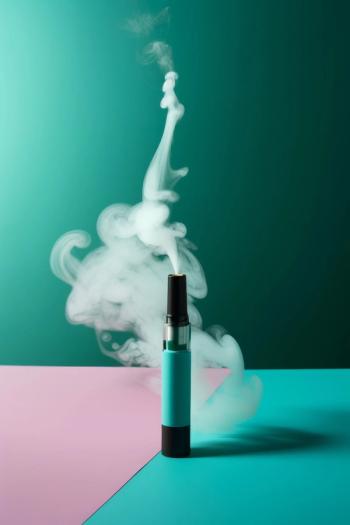
Study Examines the Effect of Recreational Cannabis Laws on Workplace Injuries
A recent study examined the possible effects of more access to cannabis on workplace injuries in younger workers.
In a recently published research letter, researchers from the University of Wisconsin-Parkside, San Diego State University, and Bentley University, examined how recreational cannabis laws affected workplace injuries, specifically for workers between the ages of 20 and 34 (1). They hypothesized that cannabis laws and use could be associated with more workplace injuries by decreasing cognition from increased cannabis use, or could be associated with fewer injuries if cannabis is being used to treat pain or as a substitute for other substances (1). The study, “Recreational Marijuana Legalization and Workplace Injuries Among Younger Workers,” was published in JAMA Health Forum on February 23, 2024 (1).
As noted in the study's introduction, states in the US are increasingly loosening cannabis restrictions: 24 states and Washington DC have made the sale and possession of certain amounts of cannabis legal as of 2012 (1). More research is needed on how this has affected workplace health and safety, the researchers stated (1).
Researchers used data from the Bureau of Labor Statistics Survey of Occupational Injuries and Illnesses to examine state-by-year data on workplace injury using an analysis sample of 632 state-year observations (1). They also adjusted for “dummy variables for each state and year, presence of a medical marijuana law, presence of a marijuana decriminalization or depenalization law, macroeconomic conditions, demographic characteristics, substance use policies, tobacco policies, per capita COVID-19 deaths, and the maximum workers compensation benefit,” (1).
The researchers concluded that a part of their hypothesis had been consistent with the results. “In this study, RMLs [recreational marijuana laws] that allow recreational marijuana sales were associated with a 10% increase in workplace injuries among individuals aged 20 to 34 years,” the researchers stated in the discussion section (1). In comparison, based on the decreased receiving of workers’ compensation benefits and of certain injuries, older workers may have benefitted from access to cannabis, the researchers suggested (1).
More research will be needed for analyzing the long-term effects of cannabis on workplace injuries, the researchers also noted (1).
For a deep dive into the complicated world of cannabis workplace health and safety, read more in “
Also check out recent coverage of California’s new laws regarding
Reference
- Li, L.; Liang, Y.; Sabia, J. J.; Dave, D. M. Recreational Marijuana Legalization and Workplace Injuries among Younger Workers. JAMA Health Forum 2024, 5 (2).
Newsletter
Unlock the latest breakthroughs in cannabis science—subscribe now to get expert insights, research, and industry updates delivered to your inbox.




